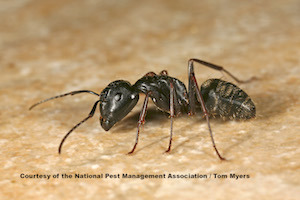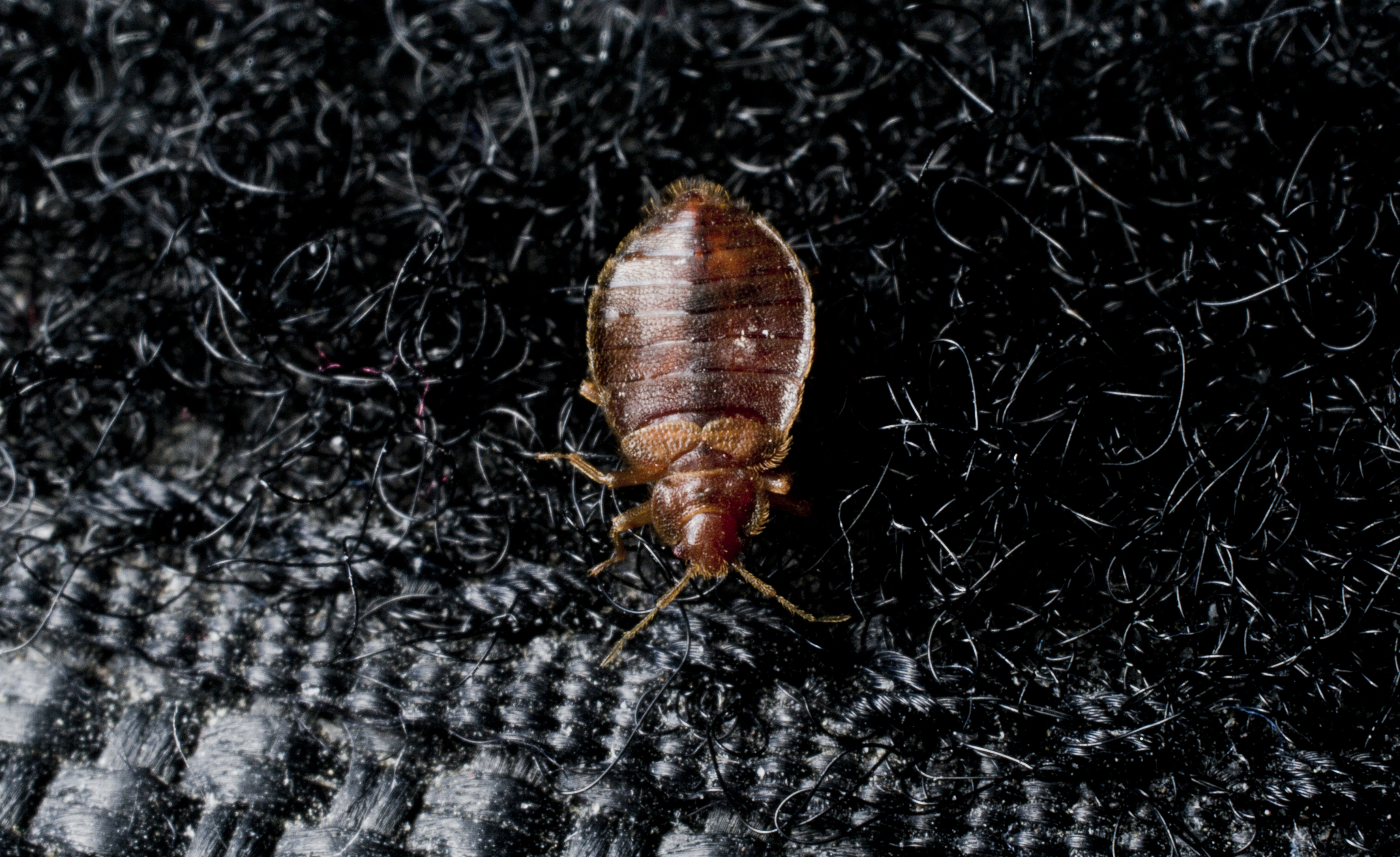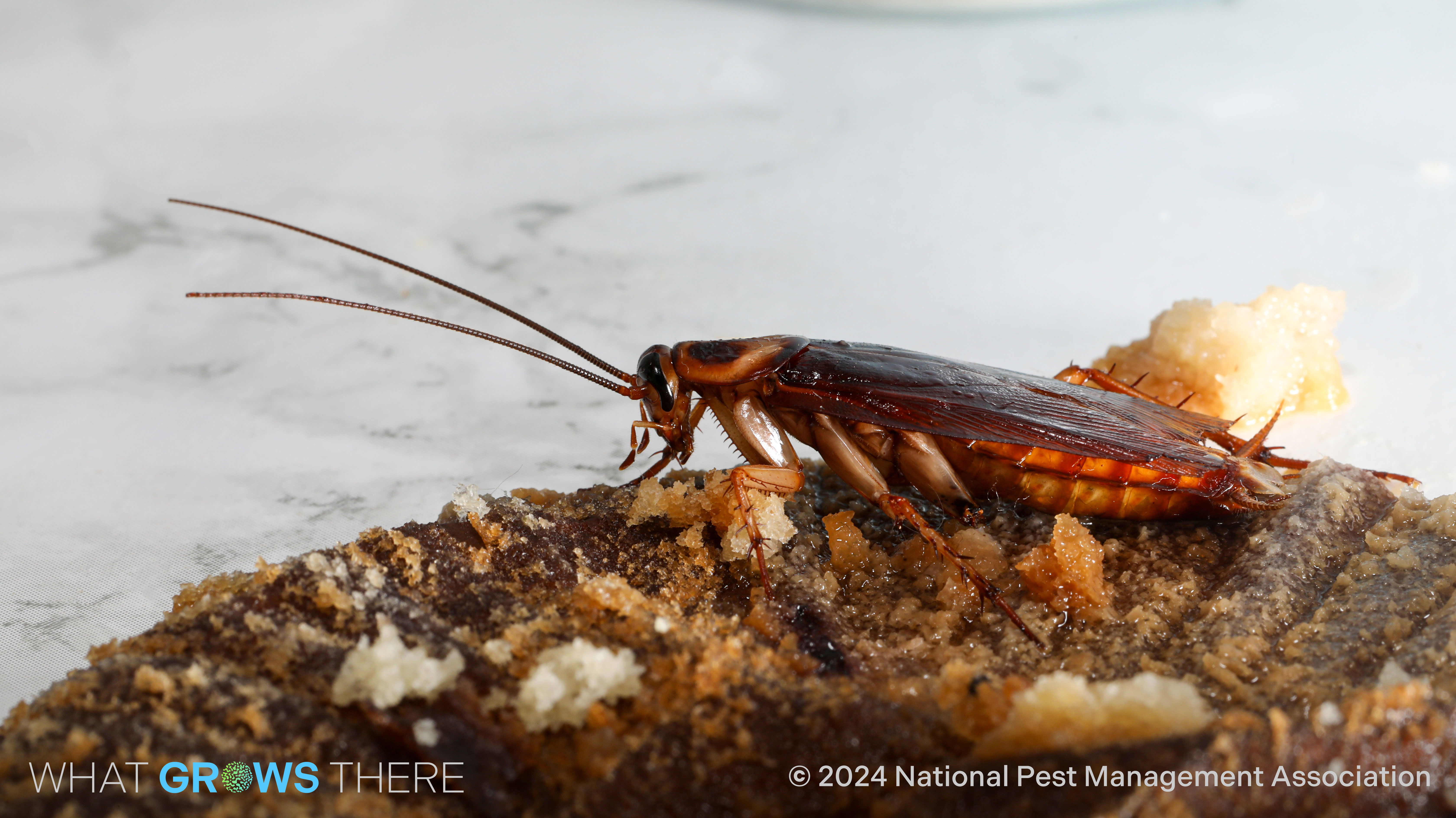Tips for Treating Insect Stings
By Jorge P Parada, MD, MPH
Summer is a magnificent time to relax, enjoy the long hours of sun and warmth, and go for outdoor walks and hikes. Great times, that is, until uninvited guests such as stinging insects arrive!
Bees, Wasps, Hornets and Yellowjackets
Unfortunately, with the start of summer comes the appearance of common stinging insects, such as wasps, hornets and yellowjackets, and with them the risks of being attacked. Various sting-related health risks range from irritating but relatively harmless stings to the threat of serious allergic reaction. In fact, stinging insects send an estimated 500,000 people to the emergency room each year. Although stinging insects are not labeled as public health threats, like mosquitoes that spread West Nile and Zika virus, they are certainly dangerous. To keep your family protected when enjoying outdoor activities this summer, it is important to know the symptoms and treatments of insect stings, including how to deal with an insect sting using medicinal creams..
What are the symptoms of an insect sting?
Luckily, the vast majority of insect stings usually only result in a limited local reaction. We experience a sharp, burning pain followed by a red welt and swelling at the sting site. Often, we will see a small white spot in the center of the welt where the stinger punctured the skin. The swelling and pain typically resolve within a few hours, but in some cases, individuals can develop a more severe reaction. Once you know how to identify a sting, the next step is learning how to treat it.
What to do when you are stung
For less severe cases, there are several insect sting treatments and remedies you can perform at home.
If stung and the stinger is still in place, first remove the stinger. It is important to remove the stinger as quickly as possible to avoid allowing the venom to spread, which could cause a more severe reaction. Pinch or scrape the sting welt using tweezers or even swipe the edge of a flat object (such as a credit card) across to dislodge the stinger. If a stinger is left in place, it could allow entry of bacterial infections or cause a foreign body reaction.
After removing the stinger, use soap and cold water to clean the area. Use a cold compress such as an ice pack to alleviate some of the pain. You can also use anti-inflammatory medicines to reduce swelling and discomfort as well. In order to calm the local reaction, antihistamine and hydrocortisone ointments are recommended. It is helpful to elevate your limb if the sting is on an extremity of the body. For those with more severe local swelling reactions, your healthcare provider may choose to prescribe an oral steroid. The elderly, immunocompromised, or those stung multiple times around the head and neck may also require treatment beyond insect sting cream as at-home remedies.
For a small number of people with a venom allergy, stings may be life-threatening. The extreme cases of allergic reactions are called anaphylactic reactions. Symptoms of anaphylaxis include tongue and throat swelling, wheezing, stomach cramps, diarrhea, dizziness or even life-threatening shortness of breath, drop in blood pressure and loss of consciousness. Anaphylaxis is a medical emergency and may be fatal. If you have these symptoms after an insect sting, get emergency medical treatment and call 911.
If you ever need such emergency treatment, you should also ask for a referral to an allergist or immunologist to learn how to safely treat insect stings in the future. If you are allergic to stinging insects, you should know how to use an epinephrine kit or Epi-Pen® and always carry it with you. It is important that you learn how and when to self-administer the epinephrine, and to be mindful of the expiration date and replace accordingly. Remember that epinephrine is a rescue medication only, and if you have severe insect allergies, you must still seek medical assistance immediately if stung. Finally, if you have severe allergies, you may want to consider wearing a bracelet or necklace that identifies yourself as having severe allergies.

Learn About Ants
Ants are a common pest homeowners struggle to eradicate. Learn more about them!

Bed Bug Pest Guide
Traveling this summer? Be sure to keep an eye out for bed bugs! Use our Pest Guide to help identify this pest.

NPMA's What Grows There? Project
Check out NPMA's What Grows There? project to learn how pests, such as flies, cockroaches and rodents, can spread germs throughout a home.
Find a PEST PRO in your area

Learn About Ants
Ants are a common pest homeowners struggle to eradicate. Learn more about them!

Bed Bug Pest Guide
Traveling this summer? Be sure to keep an eye out for bed bugs! Use our Pest Guide to help identify this pest.

NPMA's What Grows There? Project
Check out NPMA's What Grows There? project to learn how pests, such as flies, cockroaches and rodents, can spread germs throughout a home.
